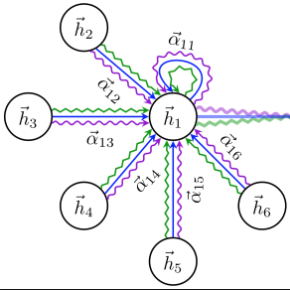Accurate trajectory prediction is crucial for the safe and efficient operation of autonomous vehicles. The growing popularity of deep learning has led to the development of numerous methods for trajectory prediction. While deterministic deep learning models have been widely used, deep generative models have gained popularity as they learn data distributions from training data and account for trajectory uncertainties. In this study, we propose EquiDiff, a deep generative model for predicting future vehicle trajectories. EquiDiff is based on the conditional diffusion model, which generates future trajectories by incorporating historical information and random Gaussian noise. The backbone model of EquiDiff is an SO(2)-equivariant transformer that fully utilizes the geometric properties of location coordinates. In addition, we employ Recurrent Neural Networks and Graph Attention Networks to extract social interactions from historical trajectories. To evaluate the performance of EquiDiff, we conduct extensive experiments on the NGSIM dataset. Our results demonstrate that EquiDiff outperforms other baseline models in short-term prediction, but has slightly higher errors for long-term prediction. Furthermore, we conduct an ablation study to investigate the contribution of each component of EquiDiff to the prediction accuracy. Additionally, we present a visualization of the generation process of our diffusion model, providing insights into the uncertainty of the prediction.
翻译:暂无翻译




